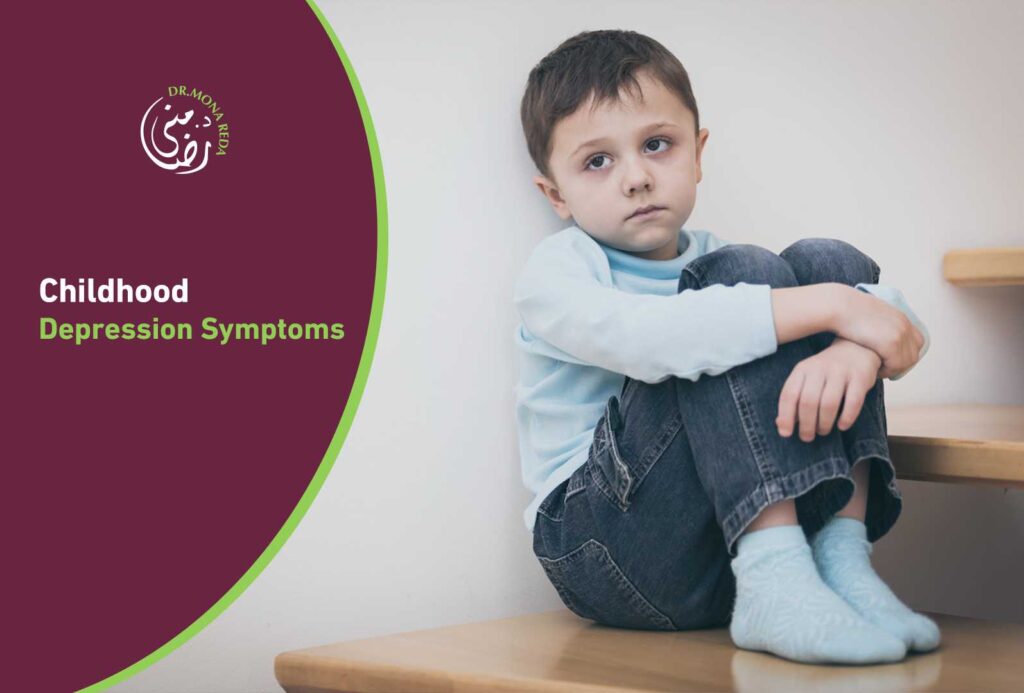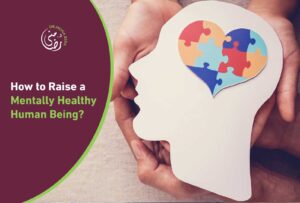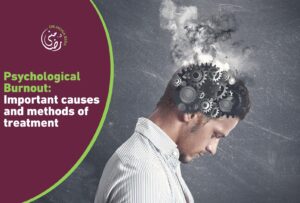Many people believe that children do not experience sadness and are completely immune to mental illness and depression. They believe that children do not have anything to be so sad about that they would develop a serious mental illness like depression. However, the truth is that mental illnesses are not exclusive to adults. Everyone is at risk of developing mental illness and disorders.
In this article, we will learn about the symptoms of depression in children, its causes, and how to treat it.
What is Depression in Children?
Depression is a severe mental illness that can affect adults and children alike. It is different from the fleeting sadness and anger. Children may feel negative emotions such as sadness or anger, but this does not necessarily mean that they are depressed. However, if this sadness is observed to persist for a long period of time and affects the child’s usual social and life activities, such as not being interested in seeing their friends or practicing their favorite hobbies, or if there is a negative impact on their academic performance that is out of the ordinary, then there is a suspicion that they are suffering from depression. In this case, it is necessary to see a psychiatrist for diagnosis and prescription of the appropriate treatment.
Childhood depression symptoms
Parents should observe these symptoms on their children, one of the most important symptoms of depression in children:
- Changes in eating or sleeping habits whether insomnia or excessive sleep.
- Severe feelings of sadness and worthlessness.
- Disinterested in his fun activities.
- Low energy levels and poor concentration.
- Mood swings.
- Behavioral problems in school.
- Physical complaints such as stomach pain and headaches that do not respond to treatment.
- Social withdrawal from any family gatherings or gatherings with friends.
- Thoughts of death or suicide.
What causes depression in children?
There are many factors that cause depression in children and may vary from child to child, the most important of which are:
- The cause can be as genetic as a family member having a psychiatric illness.
- The child has been subjected to traumatic and sad events such as the death of a friend or family member.
- Being ridiculed and bullied by others may also make them vulnerable to depression.
- Genetic factors and chemical changes in the brain can contribute to depression in children.
- Exposure to severe violence from parents.
- Children with chronic or severe medical conditions are more likely to be depressed.
Treatment for childhood depression
When observing symptoms of depression in children, parents should head directly to the specialist psychiatrist to make the appropriate diagnosis, and prescribe the required treatment.
Treatment methods vary to include:
- Talk to your child: when you notice some changes in your child’s daily life, talk to him about how he feels, and what he’s upsetting during this period, open up with you to understand what he thinks.
- Visiting the pediatrician: the symptoms your child is experiencing may be due to physical problems, or the doctor may interpret them as having no relation to physical problems but are rather psychological problems, in which case he will refer you to a psychiatrist. Therefore, it is necessary to visit the pediatrician.
- Visiting the psychiatrist: The psychiatrist helps you diagnose the disease, identify its causes, and treat it in various ways, such as cognitive behavioral therapy, medication therapy, or giving parents or school officials some tips on how to deal with the child.
We must remember that children are the hope of the future, and they need support and guidance to overcome the psychological challenges they may face, including depression.
To ensure good mental health for children, you can contact Dr. Mona Reda, a psychiatrist, to get a psychological consultation with a highly specialized medical team.
Resources:
Can Children Really Have Depression?
What causes childhood depression ?
What are the signs of childhood depression?
How to help a child who has depression?









